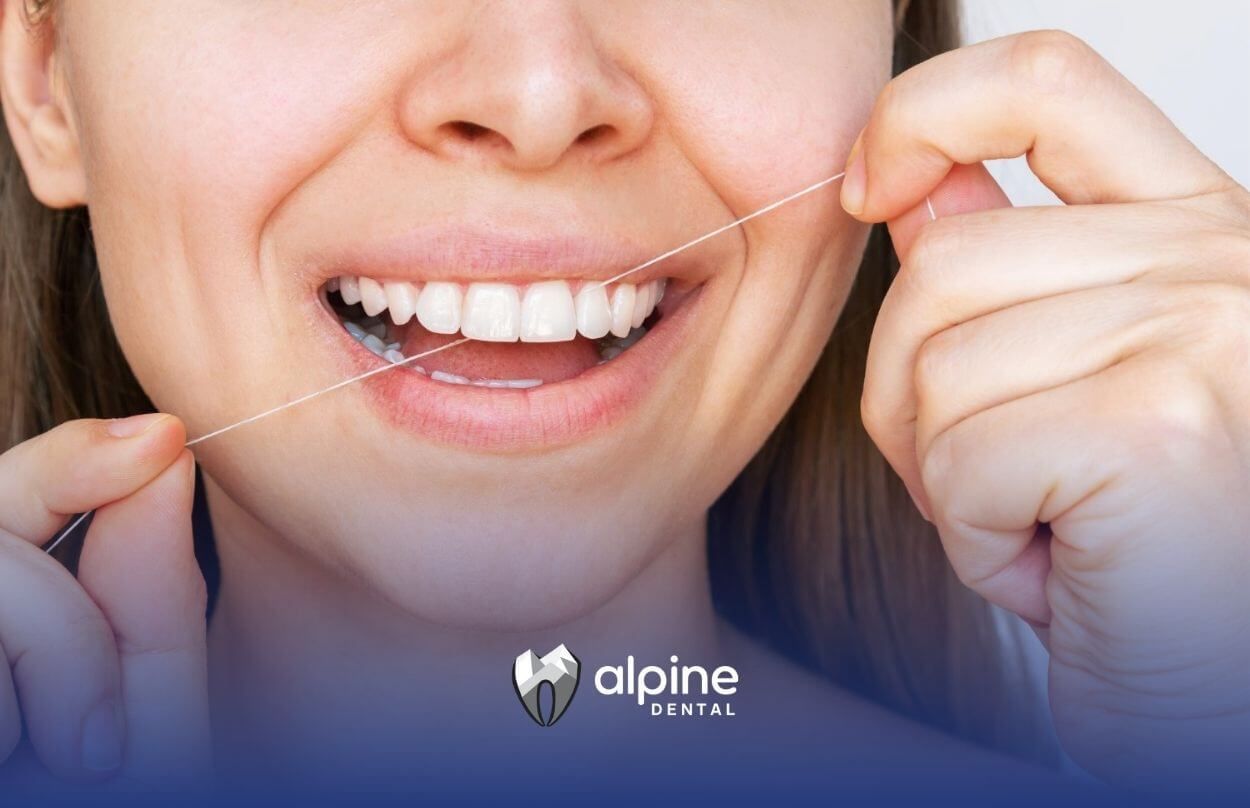Why Is My Cracked Tooth Not Hurting?
If you’ve noticed a crack in your tooth but feel no pain, you may wonder, “Why is my cracked tooth not hurting?” The absence of pain doesn’t always mean the tooth is healthy.
Cracks can vary in size and depth. Some cracks only affect the outer enamel and don’t reach the inner dentin or nerve, which explains the lack of discomfort. In other cases, the nerve inside the tooth may already be damaged or dead, meaning it can’t send pain signals. While this might seem like a relief, it’s actually a red flag. A dead nerve can allow infection to develop unnoticed, potentially leading to an abscess or even spreading infection to other areas of the body.
Even without pain, a cracked tooth can weaken your overall dental structure. Every day, chewing or grinding can make the crack worse, increasing the risk of needing more complex treatment like a root canal or crown.
That’s why it’s essential to schedule a dental evaluation as soon as you notice a crack.
At Alpine Dental, we specialize in early diagnosis and treatment of cracked teeth, ensuring your smile stays strong and healthy.
Frequently Asked Questions
Can a cracked tooth be serious even without pain?
Yes. A crack may not hurt right away, but it can still lead to infection or further damage.
Why doesn’t my cracked tooth cause pain?
Sometimes the crack is small, not deep enough to affect the nerve, or the nerve is already damaged.
Should I see a dentist if my cracked tooth doesn’t hurt?
Absolutely. Early treatment prevents worsening cracks, infection, or tooth loss.




